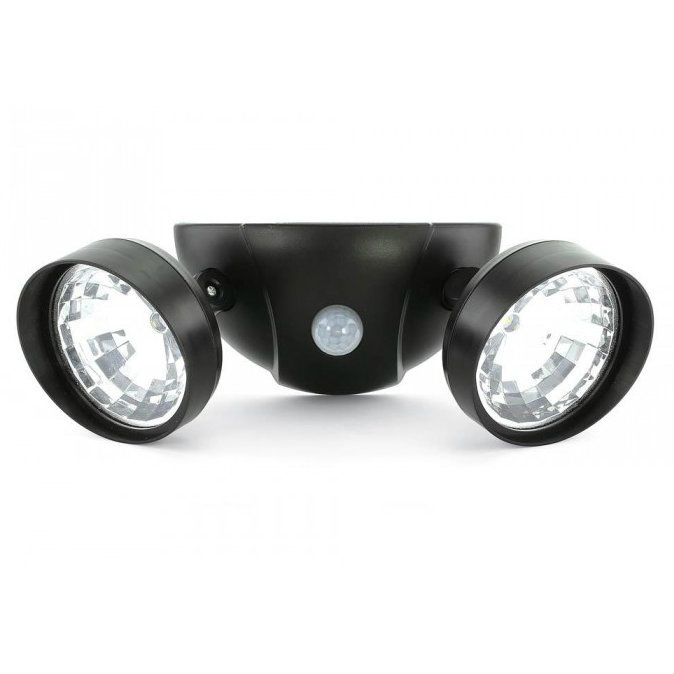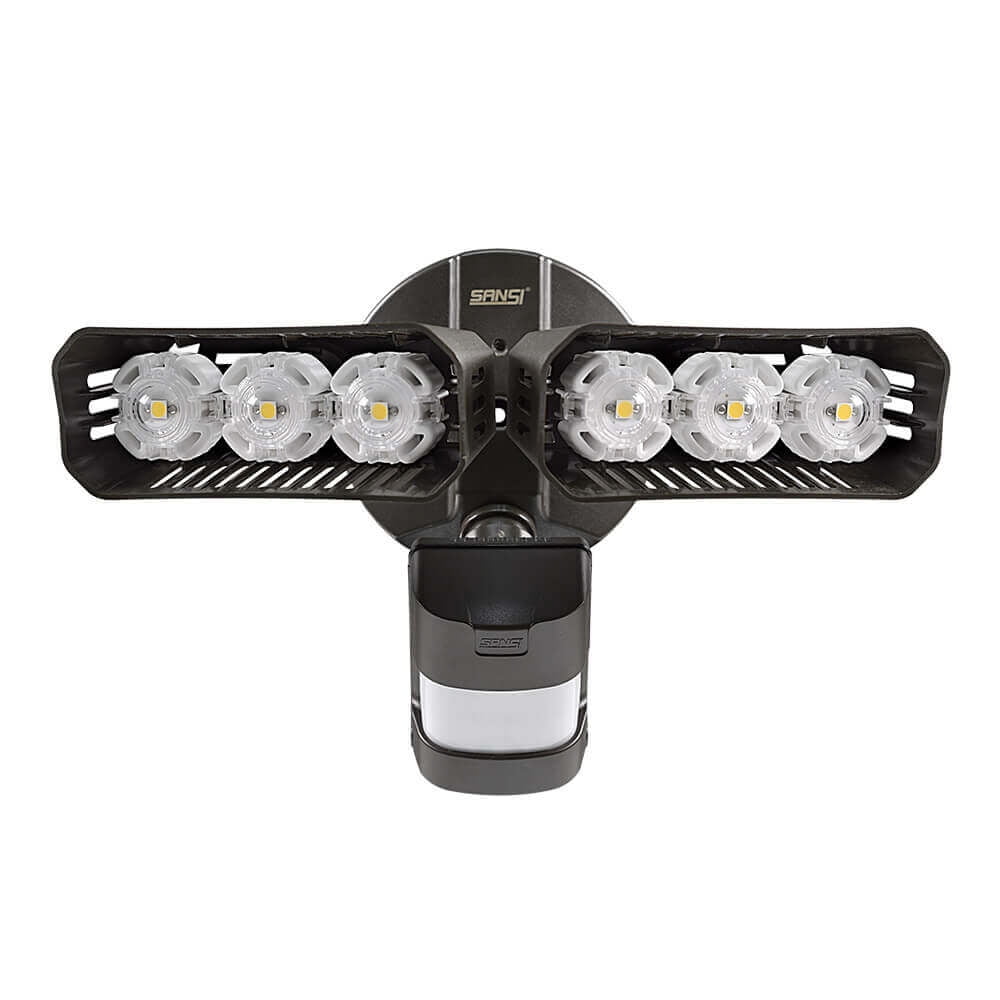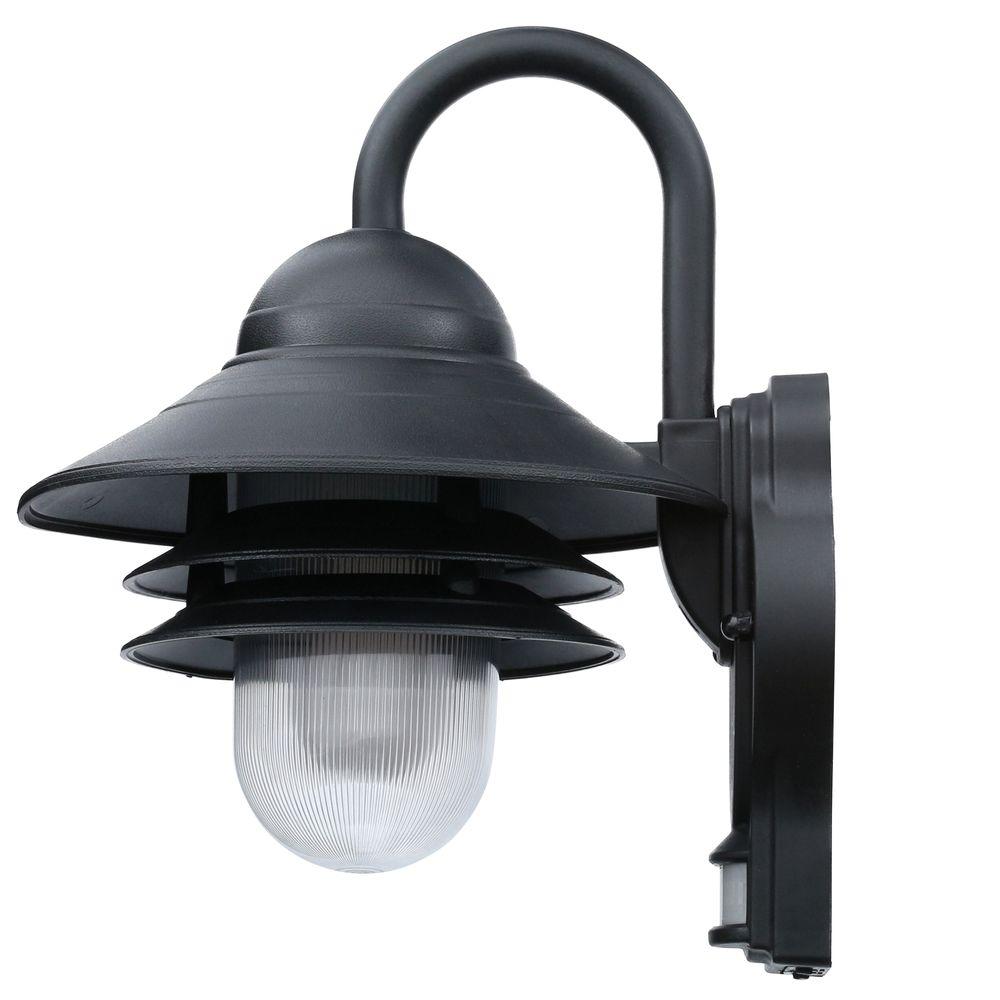

Dizziness (lightheadedness) may be accompanied by sweating and anxiety. This condition generally occurs in people with diabetes who use insulin.

Other signs and symptoms that may occur along with dizziness if you have anemia include fatigue, weakness and pale skin. These include panic attacks and a fear of leaving home or being in large, open spaces (agoraphobia). Certain anxiety disorders may cause lightheadedness or a woozy feeling often referred to as dizziness. In particular, blood pressure lowering medications may cause faintness if they lower your blood pressure too much. Dizziness can be a side effect of certain medications - such as anti-seizure drugs, antidepressants, sedatives and tranquilizers. Some neurological disorders - such as Parkinson's disease and multiple sclerosis - can lead to progressive loss of balance. And a decrease in blood volume may cause inadequate blood flow to your brain or inner ear. Conditions such as cardiomyopathy, heart attack, heart arrhythmia and transient ischemic attack could cause dizziness. This condition is also called orthostatic hypotension. It can occur after sitting up or standing too quickly. A dramatic drop in your systolic blood pressure - the higher number in your blood pressure reading - may result in brief lightheadedness or a feeling of faintness. You may feel dizzy, faint or off balance if your heart isn't pumping enough blood to your brain. Such vertigo episodes can last minutes to hours and may be associated with headache as well as light and noise sensitivity.Ĭirculation problems that cause dizziness People who experience migraines may have episodes of vertigo or other types of dizziness even when they're not having a severe headache. You may also experience fluctuating hearing loss, ringing in the ear and the feeling of a plugged ear. It's characterized by sudden episodes of vertigo lasting as long as several hours. This disease involves the excessive buildup of fluid in your inner ear. If you also have sudden hearing loss, you may have labyrinthitis. A viral infection of the vestibular nerve, called vestibular neuritis, can cause intense, constant vertigo. BPPV is the most common cause of vertigo. These episodes are triggered by a rapid change in head movement, such as when you turn over in bed, sit up or experience a blow to the head. This condition causes an intense and brief but false sense that you're spinning or moving. Benign paroxysmal positional vertigo (BPPV).Vertigo is what results as your brain works to sort out the confusion. With inner ear disorders, your brain receives signals from the inner ear that aren't consistent with what your eyes and sensory nerves are receiving. Vertigo is the false sense that your surroundings are spinning or moving. Inner ear, which houses sensors that help detect gravity and back-and-forth motion.Sensory nerves, which send messages to your brain about body movements and positions.Eyes, which help you determine where your body is in space and how it's moving.Your sense of balance depends on the combined input from the various parts of your sensory system. Inner ear problems that cause dizziness (vertigo) How long the dizziness lasts and any other symptoms you have also help pinpoint the cause. The way dizziness makes you feel and your triggers provide clues for possible causes. Sometimes it's caused by an underlying health condition, such as poor circulation, infection or injury. Within these cells are tiny particles (otoconia) that help monitor the position of your head in relation to gravity and linear motion, such as going up and down in an elevator or moving forward and backward in a car.ĭizziness has many possible causes, including inner ear disturbance, motion sickness and medication effects.
#MOTION LIGHTS PATCH#
At the base of the canals are the utricle and saccule, each containing a patch of sensory hair cells. Loop-shaped canals in your inner ear contain fluid and fine, hairlike sensors that help you keep your balance. Get emergency medical care if you experience new, severe dizziness or vertigo along with any of the following: Generally, see your doctor if you experience any recurrent, sudden, severe, or prolonged and unexplained dizziness or vertigo. The episode may last seconds or days and may recur. Your dizziness may be accompanied by nausea or be so sudden or severe that you need to sit or lie down.

These feelings may be triggered or worsened by walking, standing up or moving your head.


 0 kommentar(er)
0 kommentar(er)
